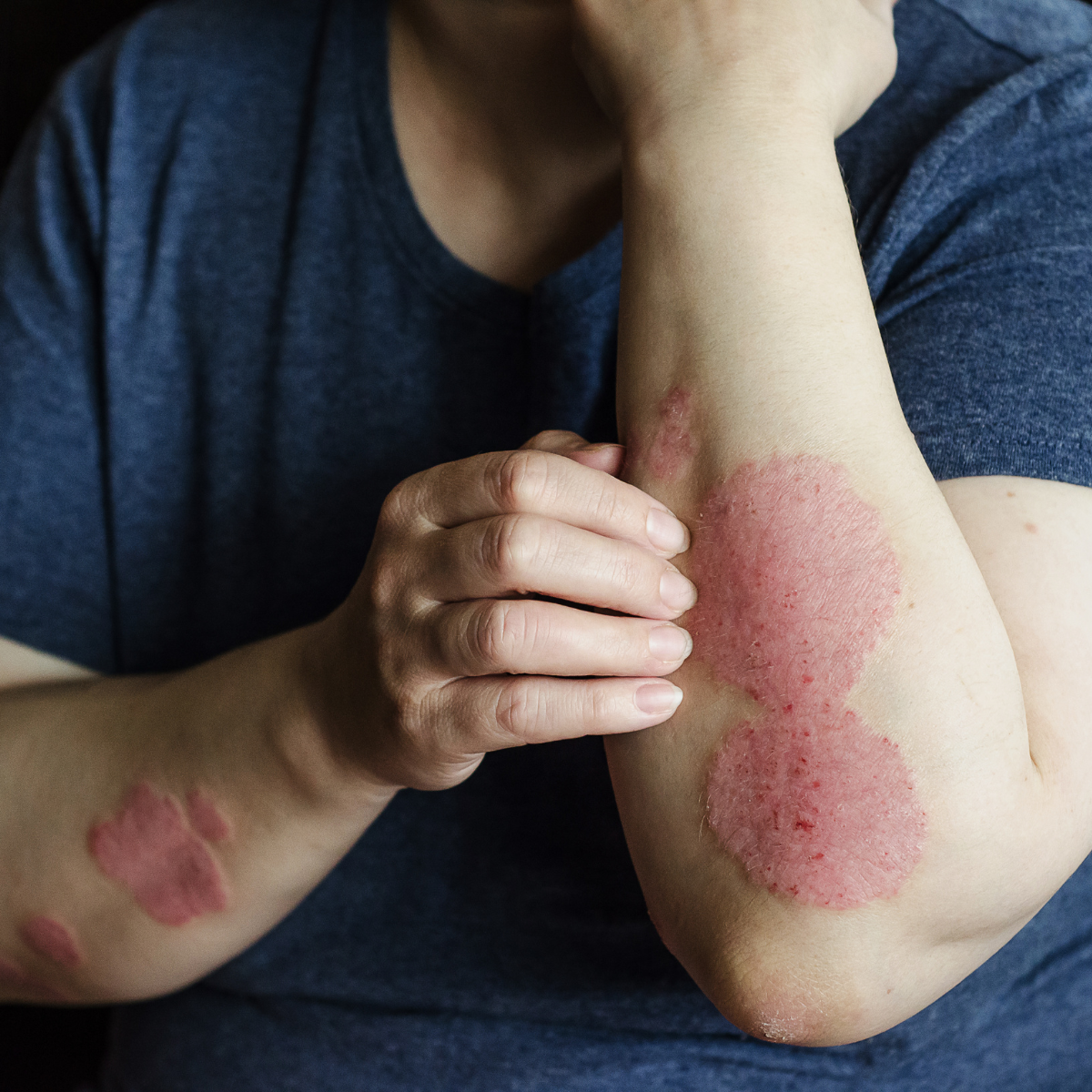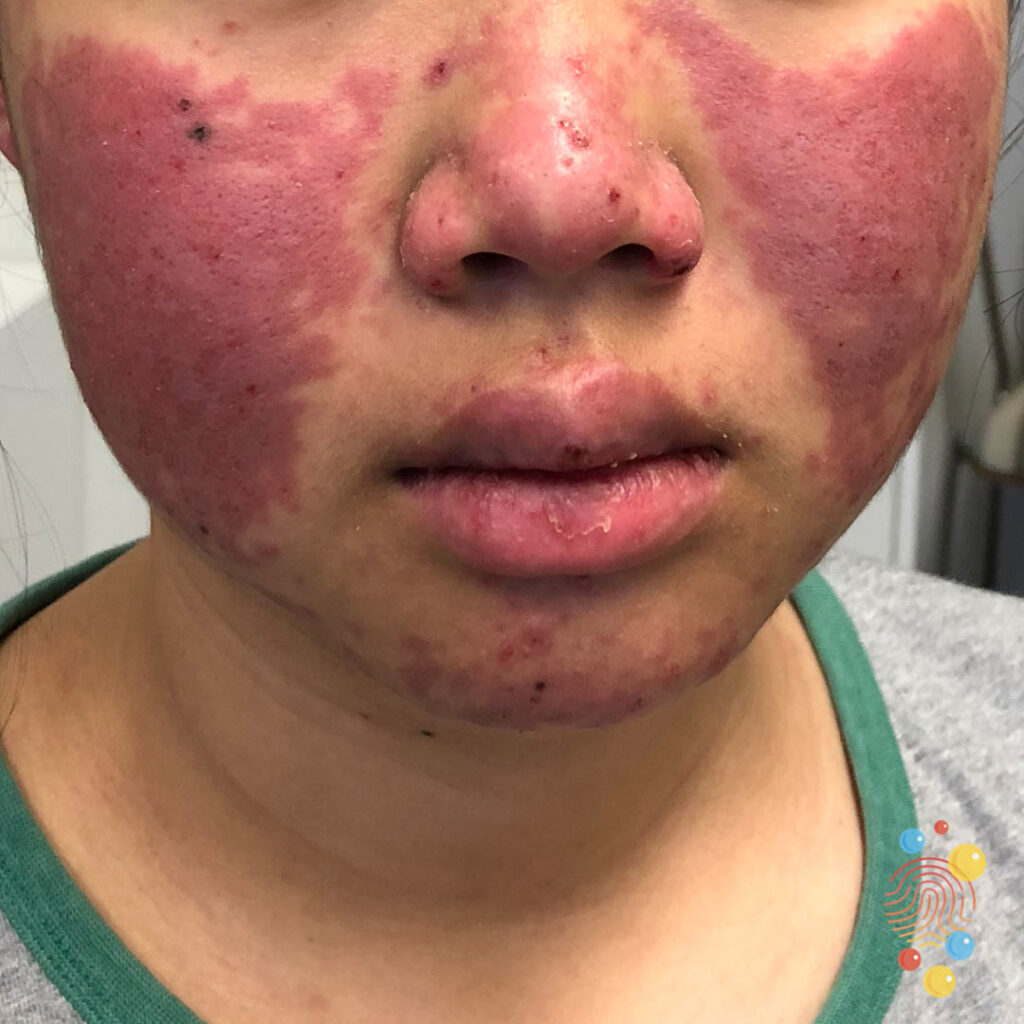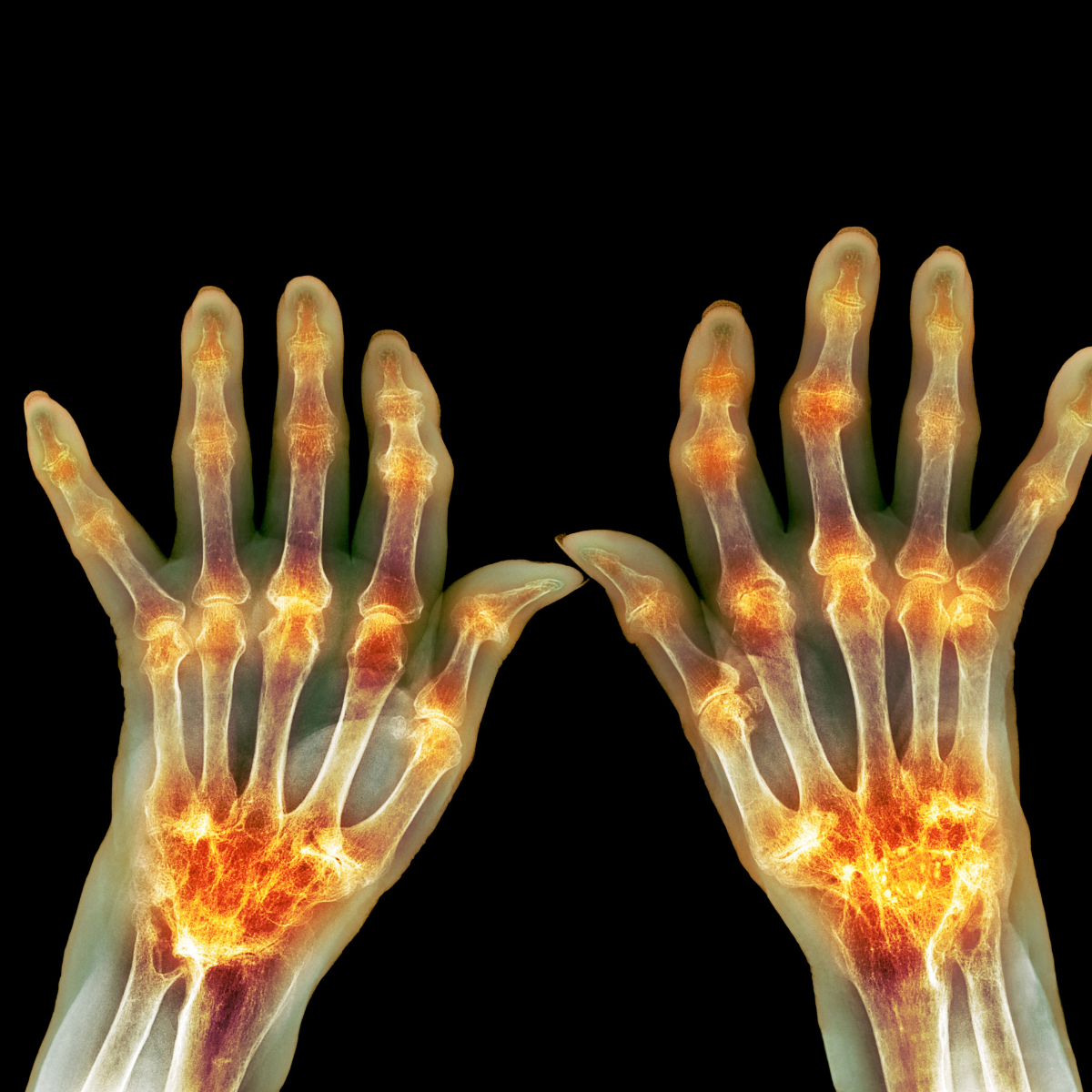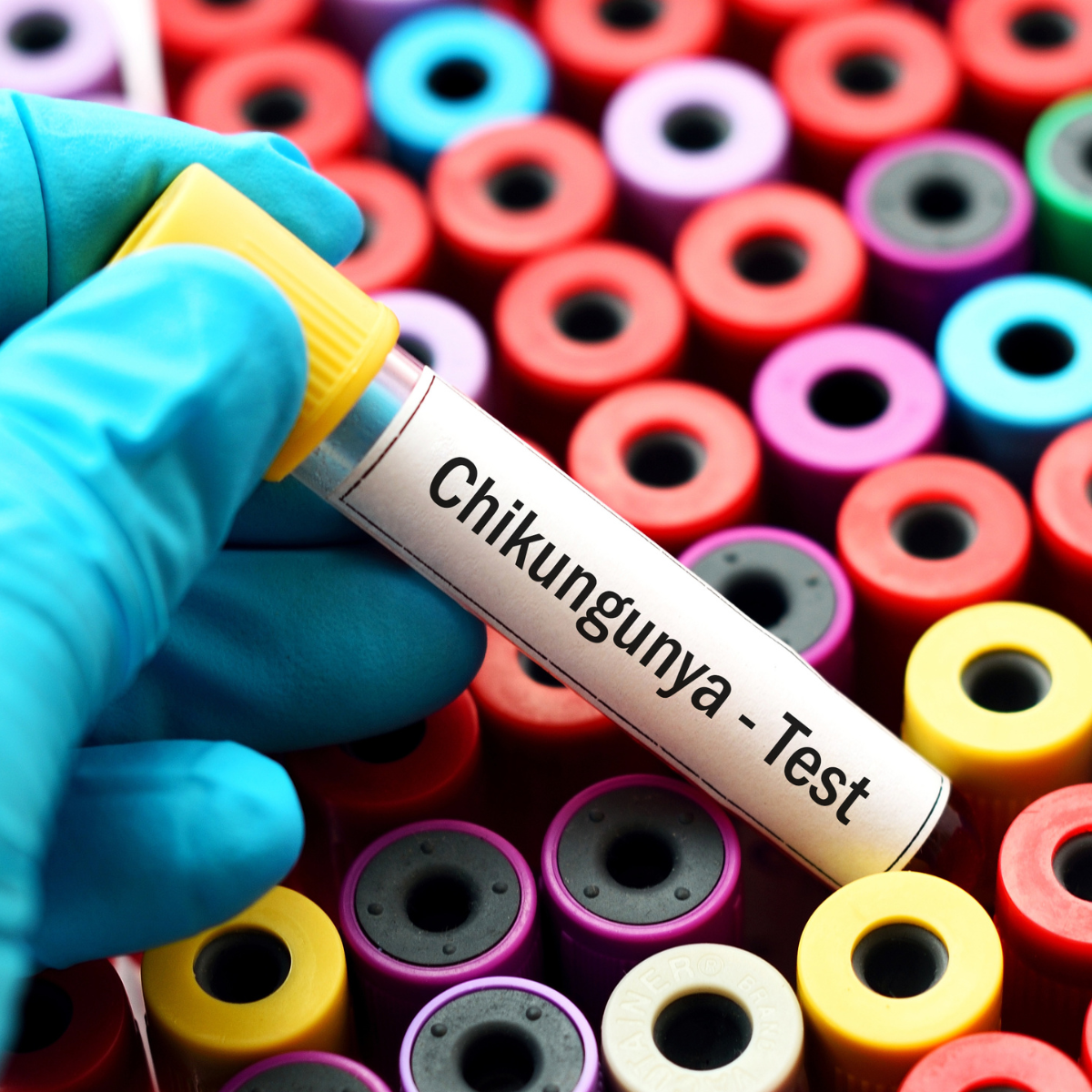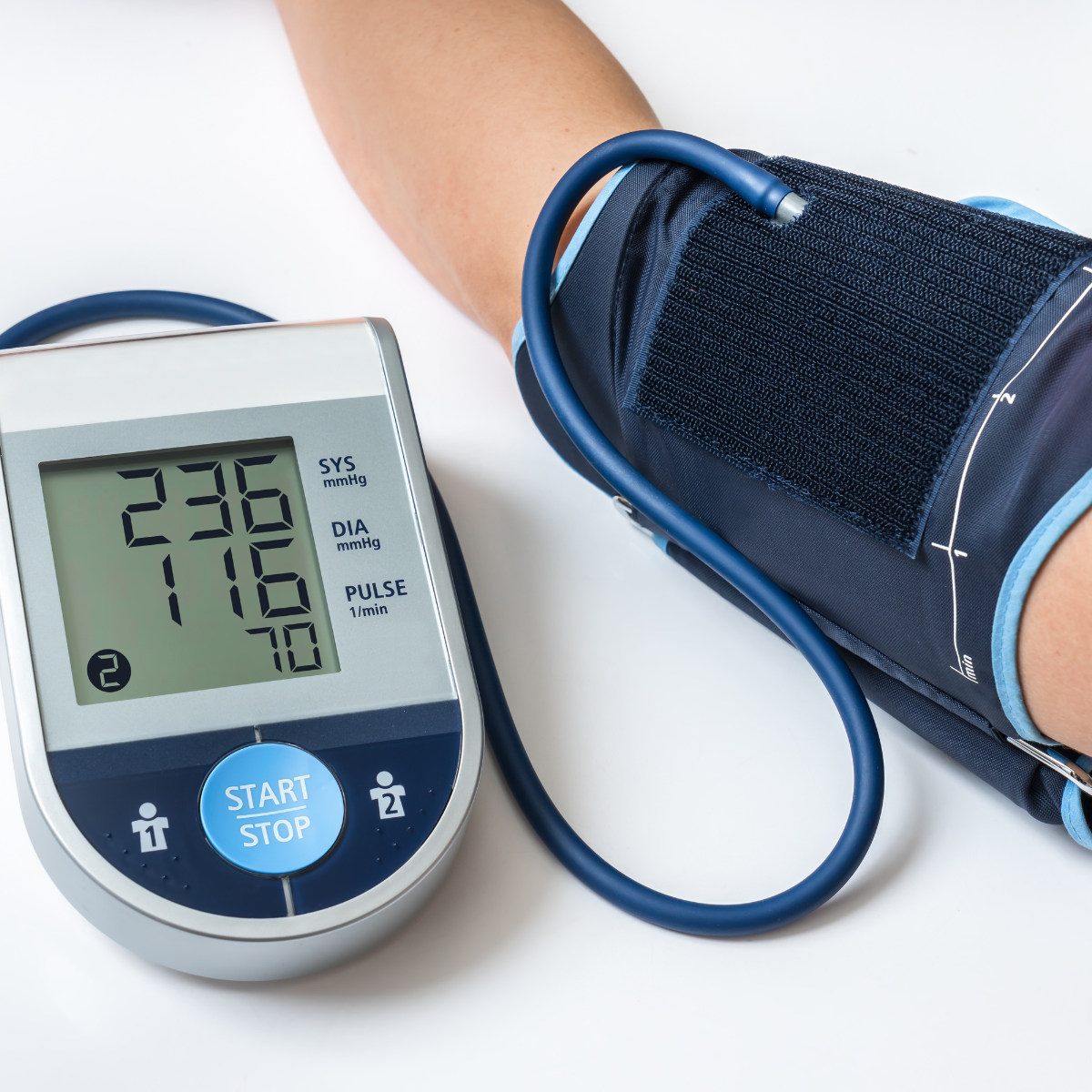
Hypertension (High Blood Pressure)
🧠 What Is Hypertension & What Happens Inside the Body?
Hypertension, or high blood pressure, occurs when the force of blood pushing against your artery walls is consistently too high. Dr. Umesh compares it to water flowing through a pipe—if the pressure increases too much, it can damage the pipe over time. Similarly, when your blood vessels experience constant high pressure, it strains the heart and damages arteries, increasing the risk of heart attack, stroke, and kidney issues.
🧬 Disease Progression:
Stage 1 (Elevated BP): Readings consistently between 120–129 systolic and less than 80 diastolic.
Stage 2 (Hypertension Stage 1): 130–139 systolic or 80–89 diastolic.
Stage 3 (Hypertension Stage 2): 140+ systolic or 90+ diastolic.
Stage 4 (Hypertensive Crisis): 180+/120+ – needs immediate medical attention.
🔍 Common Root Causes:
-
Genetic predisposition (family history of hypertension)
-
Unhealthy lifestyle (sedentary habits, poor diet)
-
High sodium intake
-
Smoking or alcohol use
-
Chronic stress and poor sleep
-
Obesity and insulin resistance
-
Arterial narrowing due to cholesterol buildup
📊 Prevalence:
Hypertension affects over 30% of Indian adults, often going undetected until complications arise.
🚨 Signs & Symptoms:
Many individuals remain asymptomatic, but warning signs may include:
-
Frequent headaches
-
Irritability or mood swings
-
Dizziness or fatigue
-
Blurred vision
-
Chest discomfort or irregular heartbeat
-
Excessive sweating
-
Nosebleeds (in severe cases)
Note: Symptoms are not always present. Regular BP checks are essential.
🥗 Nutritional Approach to Management
Dr. Umesh emphasizes that blood pressure can be effectively controlled—and sometimes reversed—by addressing diet and lifestyle, especially if caused by poor habits and not just genetics.
🧂 Core Dietary Focus:
-
Balanced Sodium-Potassium Ratio: Use low-sodium salt and add potassium-rich foods.
-
Soluble Fiber: Helps manage cholesterol and overall heart health.
-
Low-Oil Cooking: Avoid deep frying; choose healthy oils in moderation.
✅ Foods to Include:
-
Leafy greens, beetroot, and sweet potatoes (rich in potassium)
-
Oats, flaxseeds, and chia seeds (soluble fiber)
-
Fresh fruits and vegetables
-
Whole grains like millets, brown rice, and barley
-
Lean proteins (fish, tofu, dals, legumes)
-
Healthy fats from nuts, seeds, and olive oil
-
Plenty of water
⚠️ Foods to Limit (Not Eliminate):
-
Excess table salt or processed salt-rich foods
-
Deep-fried snacks and fast food
-
Packaged chips and bakery items
-
Excess sugar (pastries, sweets, sugary beverages)
-
Red and processed meats
-
Alcohol and caffeine in excess
Reminder: Moderation is key. Aim for sustainable eating habits, not extreme restrictions.
💊 Key Nutrients to Focus On:
-
Potassium: Helps balance sodium levels and relaxes blood vessels
-
Magnesium: Supports muscle and nerve function, reduces BP
-
Omega-3 Fatty Acids: Helps reduce inflammation and supports heart health
-
Vitamin D: May support vascular function and immunity
-
Soluble Fiber: Improves cholesterol and blood sugar levels
Tip: Always consult a doctor before starting supplements.
🧘 Lifestyle Recommendations
Lifestyle changes are the foundation of long-term BP control.
🏃 Movement:
-
Aim for 30–45 minutes of walking daily
-
Walk after meals for 15 minutes to naturally control spikes
-
Include basic strength training 2–3 times a week
-
Stay active throughout the day—avoid long sedentary periods
😴 Sleep Hygiene:
-
Target 7–8 hours of quality sleep
-
Maintain consistent bedtime and wake-up time
-
Avoid screens and caffeine before bed
🧘 Stress Management:
-
Use mindfulness tools like meditation, deep breathing, or yoga
-
Engage in hobbies that relax your mind
-
Consider talking to a counselor if stress feels overwhelming
-
Watch Dr. Umesh’s stress management guide (linked in the video)
📈 Monitoring & Tracking
Regular tracking ensures early detection and effective intervention.
🩺 Relevant Lab Markers:
-
Blood Pressure Readings (Track regularly)
-
Lipid Profile (To check cholesterol buildup)
-
HbA1c (Monitors blood sugar levels)
-
ECG (If heart complications are suspected)
📓 Body Signals to Monitor:
-
Energy levels
-
Mood and irritability
-
Quality of sleep
-
Headaches or dizziness
-
Water retention or swelling
Keep a BP log and symptom journal to notice trends and triggers.
📞 Take the Next Step
If you or a loved one is struggling with high blood pressure, it's time to act. Schedule a consultation with Dr. Umesh Wadhavani and his team to get personalized help.
What to Expect from the Consultation:
-
Individual assessment of your lifestyle and risk factors
-
Tailored dietary and exercise plans
-
Guidance on tapering off medications safely (if appropriate)
-
Ongoing support and monthly check-ins
📅Click here to Book your free 30-minute consultation
🎥 Learn More
For a full, simplified explanation with visuals and real-life analogies, watch Dr. Umesh Wadhavni’s video on Hypertension:








